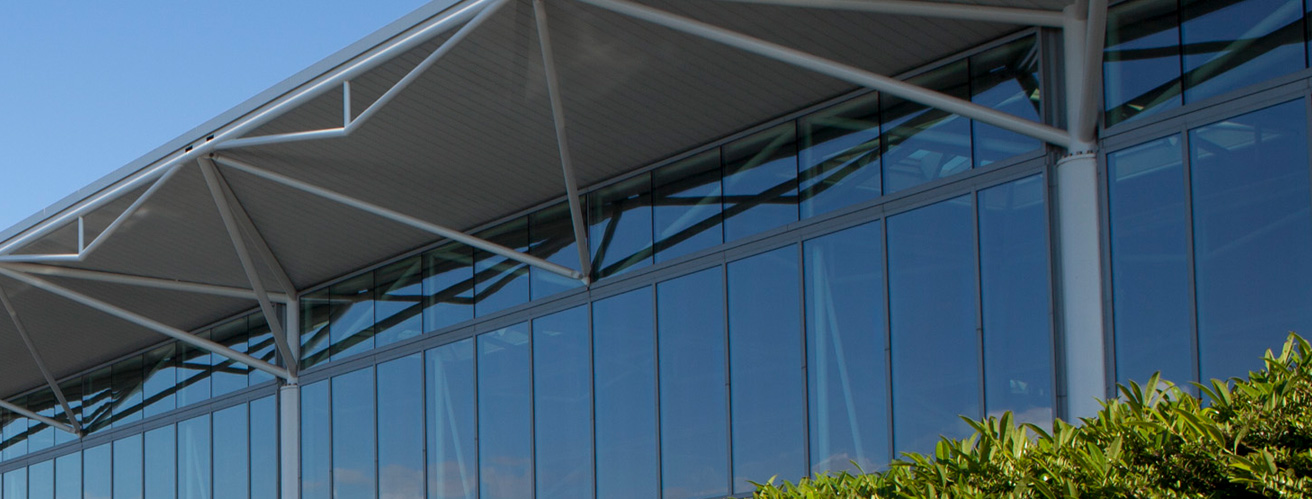Bristol Airport welcomes the launch of the Government’s Jet Zero Strategy and its ambitious path to net zero aviation.
Created: 19th Jul 2022Launched at Farnborough International Airshow, the new Jet Zero Strategy commits UK domestic aviation to achieving net zero emissions by 2040, and for all airports in England to be zero-emission by the same year. It also includes a plan for the industry to stay below pre-pandemic levels of carbon emissions through measures focused on everything from delivering system efficiencies to new technologies, with progress monitored annually.
Aviation is currently responsible for around 2.5% of global carbon dioxide (CO2) emissions. With the sector contributing £22 billion to our economy and set to grow as it recovers from the pandemic, the Jet Zero strategy provides the tools to help future-proof the aviation sector, deliver guilt-free air travel and create thousands more green jobs around the country.
The 6 priority areas set out in the strategy are:
- Improving the efficiency of our existing aviation system, from aircraft to airports and airspace. For example, we will improve fuel efficiency by 2% every year and are providing a further £3.7 million in 2022 to 2023 to support airports to modernise their airspace.
- Increasing support for sustainable aviation fuels (SAF), by creating secure and growing UK SAF demand through a SAF mandate that will require at least 10% of jet fuel to be made from sustainable sources by 2030 and kickstarting a domestic SAF industry, supported by the new £165 million Advanced Fuels Fund.
- Supporting the development of zero-emission aircraft, with the aspiration of having zero-emission routes connecting places across the UK by 2030.
- Developing carbon markets and greenhouse gas removal technologies to drive decarbonisation and offset any residual emissions, including by enhancing the UK Emission Trade Scheme (UK ETS).
- Providing consumers with better information so they can make sustainable aviation choices. We will publish a call for evidence on our proposal to provide consumers with environmental information at the time of booking air travel in autumn 2022.
- Increasing our understanding of the non-CO2 impacts of aviation, such as contrails and nitrogen oxides. The effects of these remain uncertain so we will work closely with academia and industry to monitor global developments in this area, increase our understanding, potential mitigations and explore a means of tracking these emissions.
Transport Secretary Grant Shapps said:
"We want 2019 to be remembered as the peak year for aviation emissions. From now on, it should all be downhill for carbon emissions – and steadily uphill for green flights.
"The UK is setting an example of the ambition needed to tackle climate change, and the Jet Zero strategy provides a clear path to building a greener aviation sector for generations to come.
"Rather than clipping the sector’s wings, our pathway recognises that decarbonisation offers huge economic benefits, creating the jobs and industries of the future and making sure UK businesses are at the forefront of this green revolution."
Bristol Airport responded:
“We hugely welcome the UK Government’s Jet Zero Strategy and its ambitious path to net zero aviation.
"Bristol Airport’s operations are already carbon neutral and we’re working to cut emissions further, making our operations net zero by 2030. This is a challenging target and will require major investment – but it’s one we’re committed to delivering.
"The ultimate aim is emissions free flight, so we’ve been working in partnership with major companies in our region to create Hydrogen South West, which aims to drive forward the development of hydrogen infrastructure and technology. Decarbonising aviation opens up significant potential for sustainable growth, upskilling, and new job opportunities in our region.”

